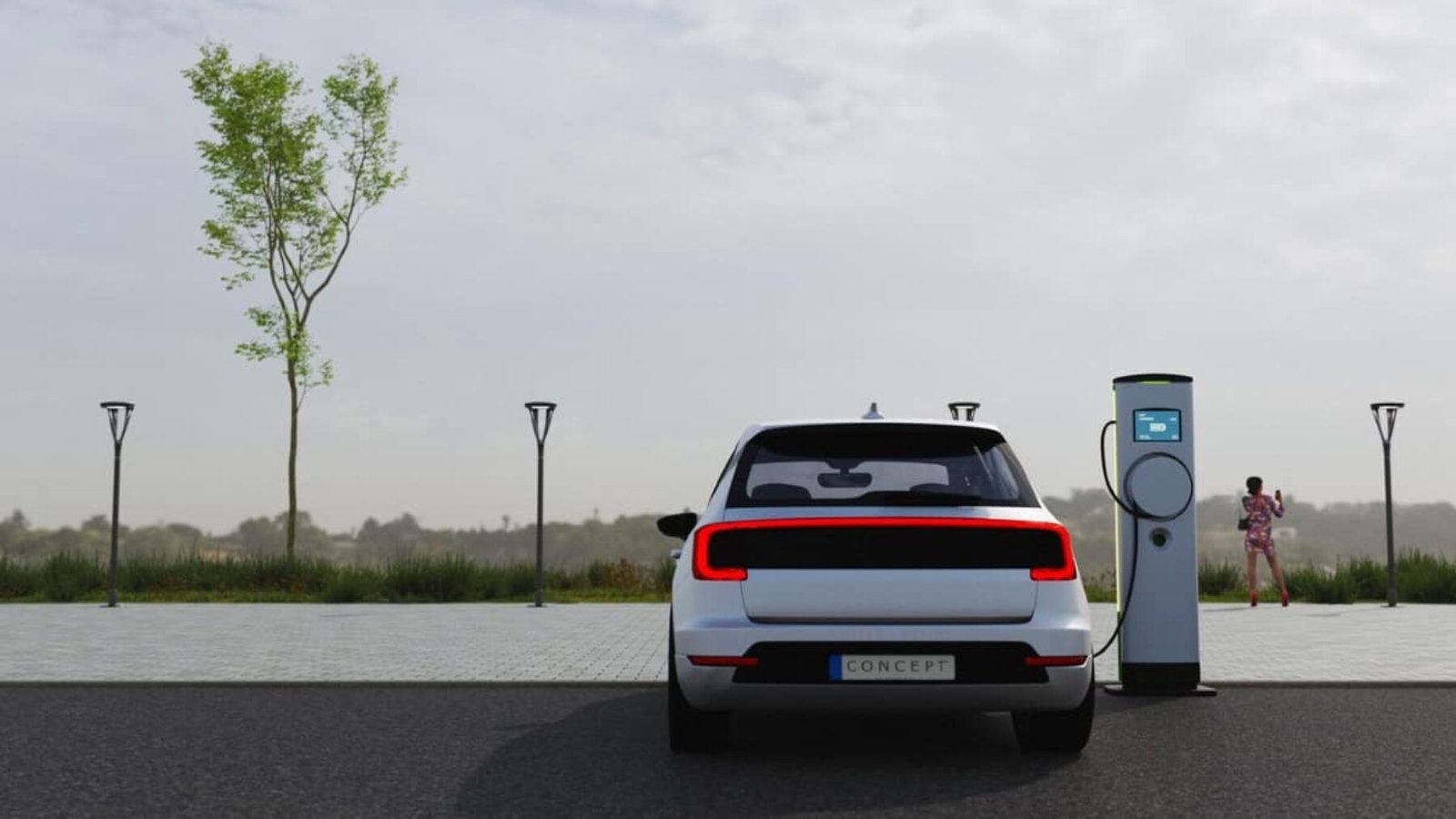Japanese researchers have developed a groundbreaking lithium-sulfur battery prototype that promises to revolutionize electric vehicle (EV) technology. With the capability to deliver a driving range of up to 1,000 kilometers per charge—roughly double that of current lithium-ion batteries—the innovation is being hailed as a potential game-changer in the automotive industry.
Lithium-sulfur batteries offer significant advantages over traditional lithium-ion versions. They are lighter, more energy-dense, and rely on materials that are both more abundant and environmentally friendly. The new design reportedly addresses previous issues with lithium-sulfur technology, including rapid degradation and limited lifespan.
Industry analysts predict this breakthrough could accelerate EV adoption, especially in countries with sparse charging infrastructure. Automakers such as Toyota, Tesla, and Hyundai are already in talks with the research team to license or collaborate on the technology. If commercialized successfully, this could also reduce production costs and make EVs more accessible to the general public.
Beyond vehicles, the batteries could also be used in drones, airplanes, and renewable energy storage systems. Environmentalists and engineers alike are hopeful that the widespread use of this new battery type will reduce dependency on fossil fuels and significantly lower global carbon emissions.


















hossman
Technology country Japan..... Very powerful
Walker
Good
Suhuyini
Okay